
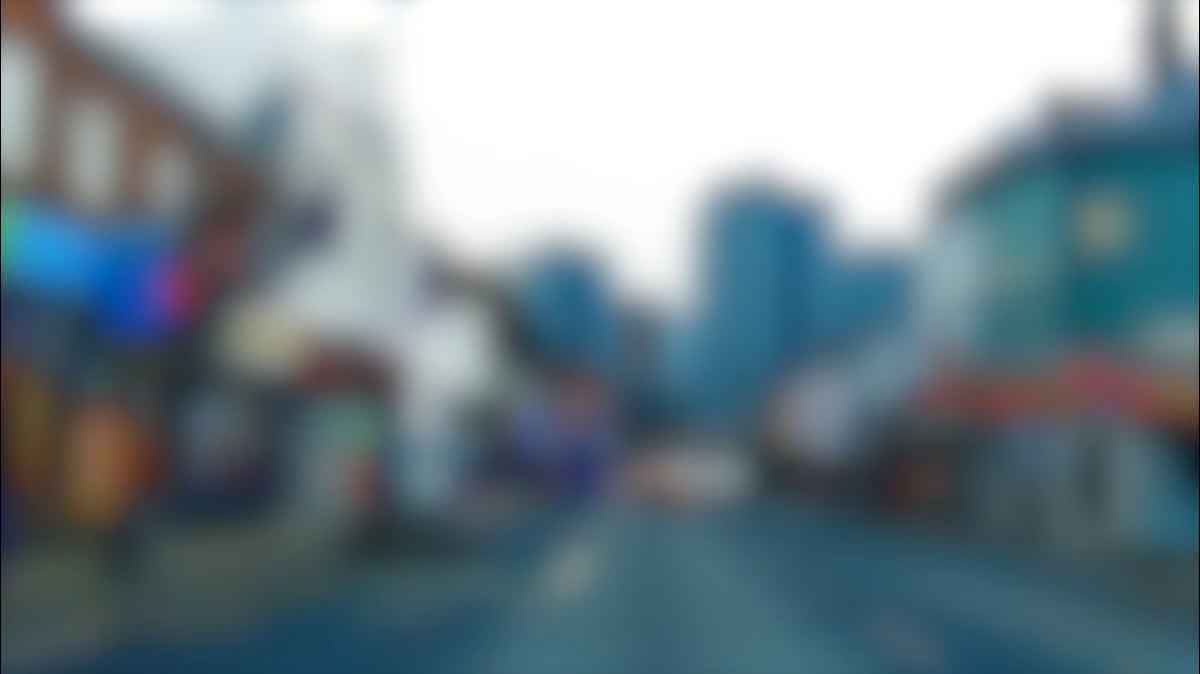
CNN traveled to four identically named streets in Scotland, Wales, Northern Ireland and England to find out what people think being British means today.
Begin
Best experienced with headphones
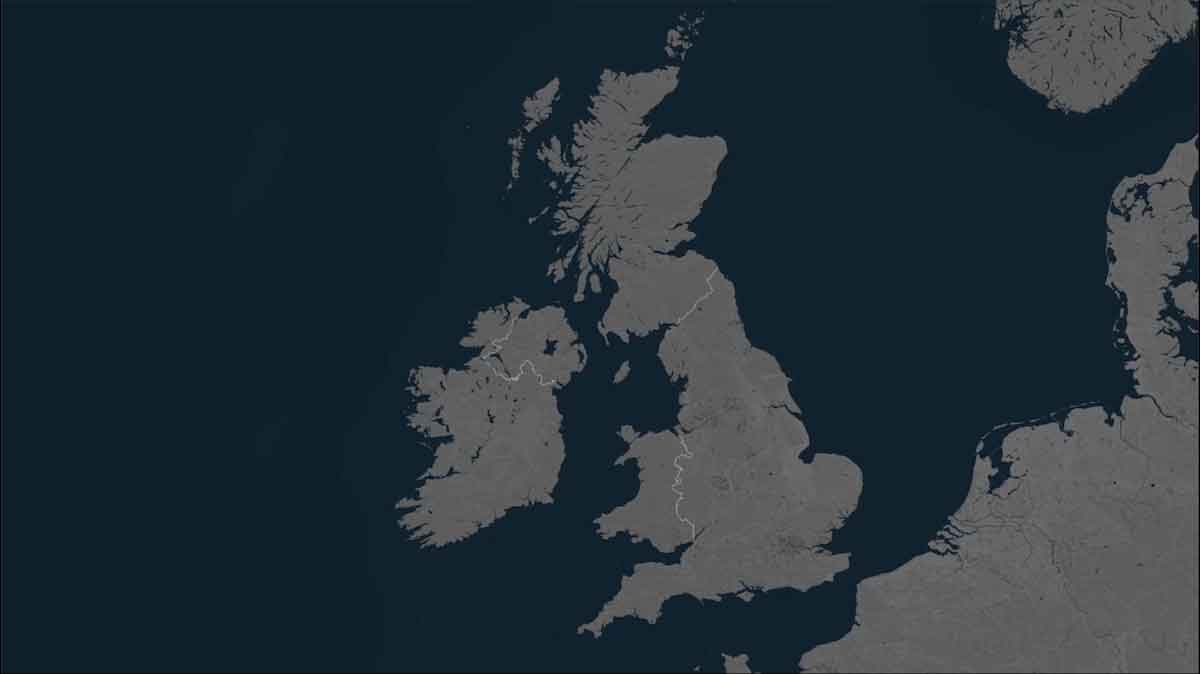
The United Kingdom is made up of four countries. In 2016, Scotland and Northern Ireland voted to remain in the European Union, while England and Wales voted to leave.
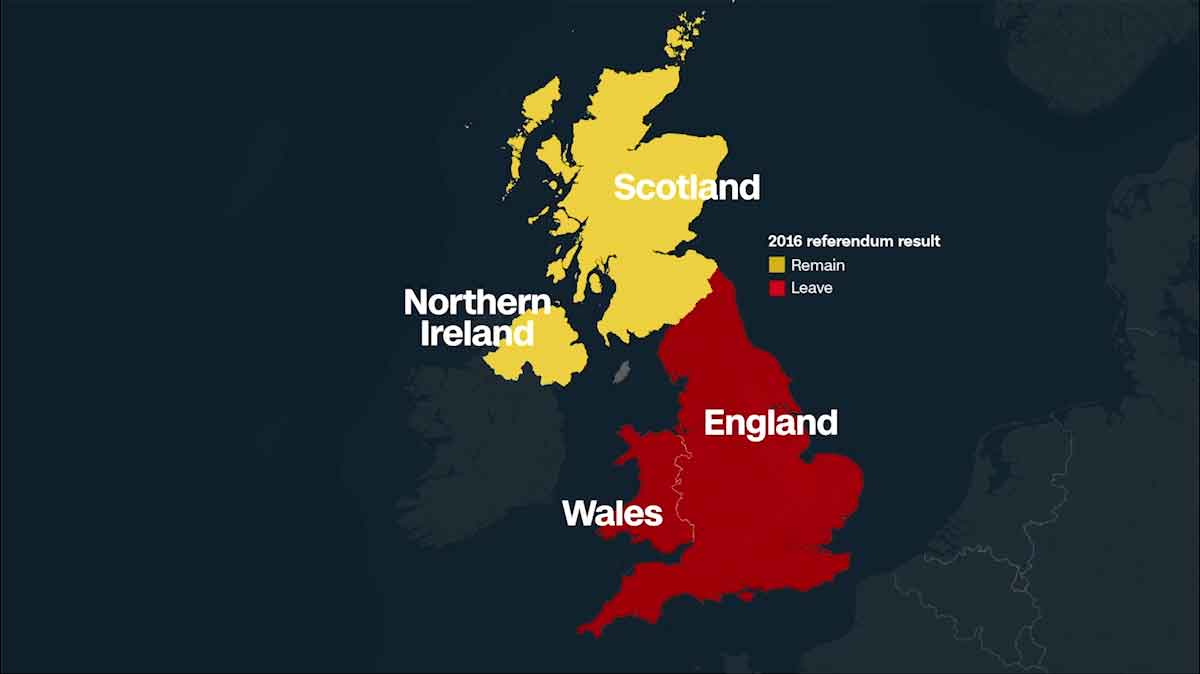
On four streets -- each named London Road -- we met voters who are fed up with politics, feel disconnected from the British capital and are worried about what Brexit has done to the union three years after the UK voted to leave Europe.
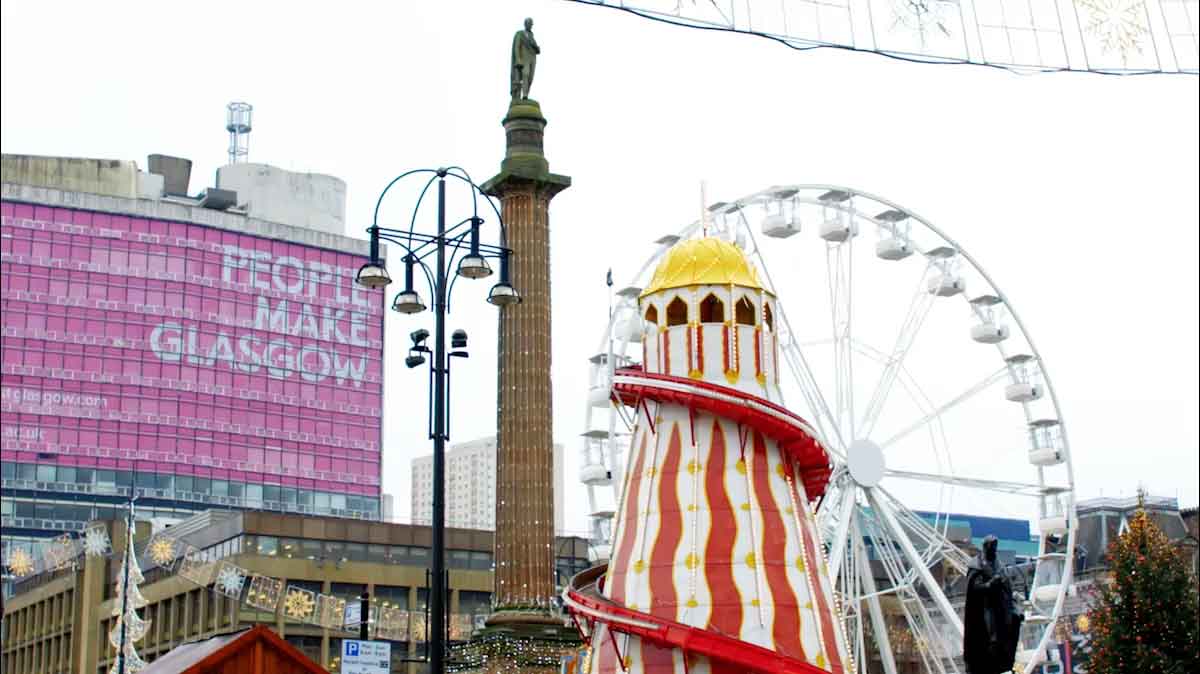
Glasgow, the largest city in Scotland, voted overwhelmingly to remain in the EU in 2016. The Scottish National Party is on course for another landslide victory across Scotland. Five years after Scots rejected independence from the UK, calls for a second vote are growing.
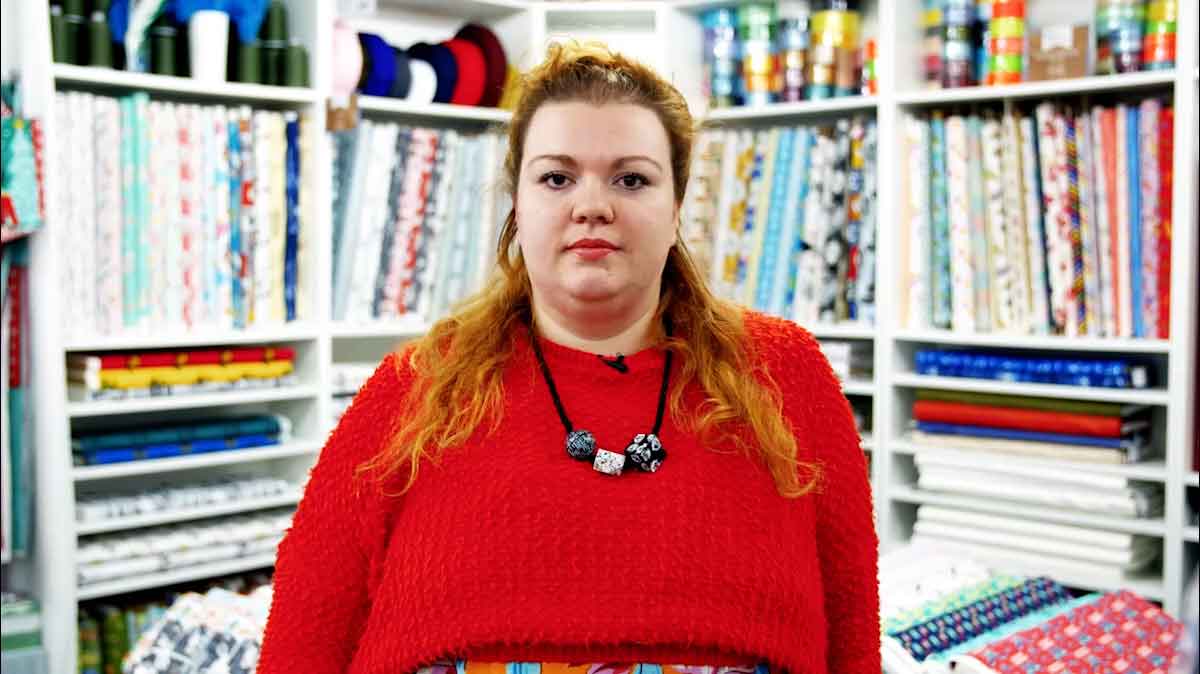
Holly Baxter-Weir, 29, works at Fabric Bazaar on Glasgow’s London Road. Though she feels more Scottish than British, she is unsure how she’d vote were there another independence referendum.
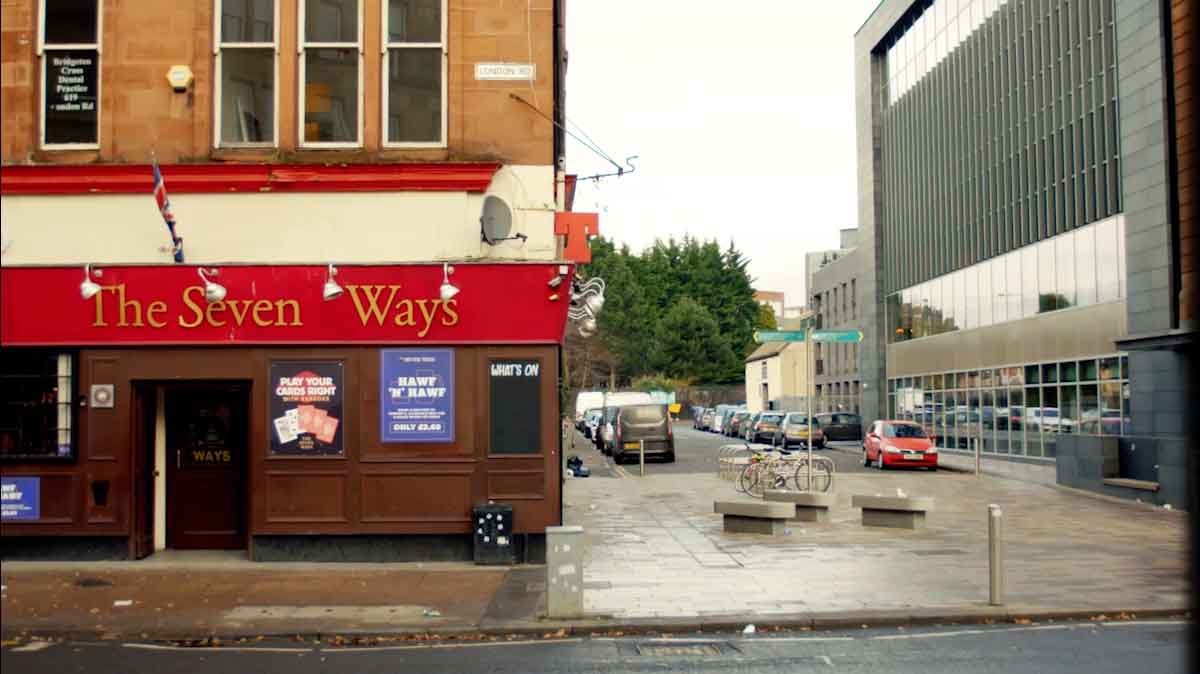
This London Road winds through eastern Glasgow. Home to Celtic Football Club, which is historically linked to Irish Catholicism, and pubs aligned with Scottish Protestants, it epitomizes the city’s historic sectarian divide. In the 2011 census, 62% of Glasgow residents identified as Scottish only, 16% as British only and 9% as Scottish and British.
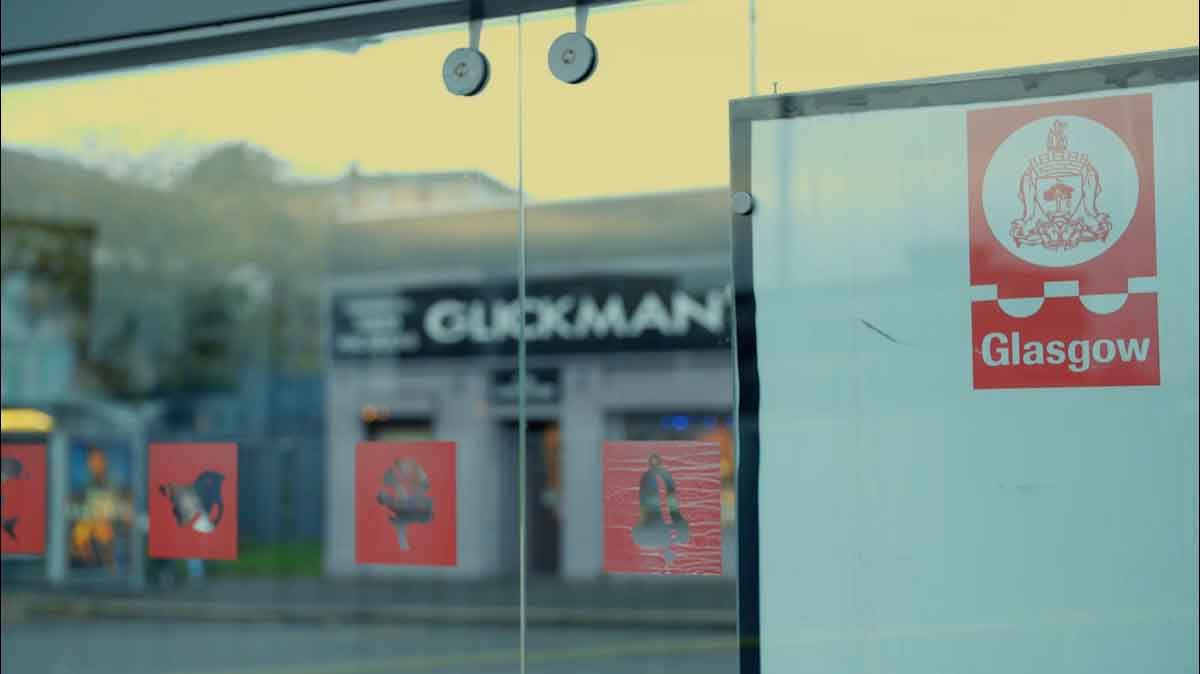
Glickman’s Confectionery on London Road is the oldest sweet shop in Glasgow. Fed up of Brexit, owner Irene Birkett says London feels like “another planet.”
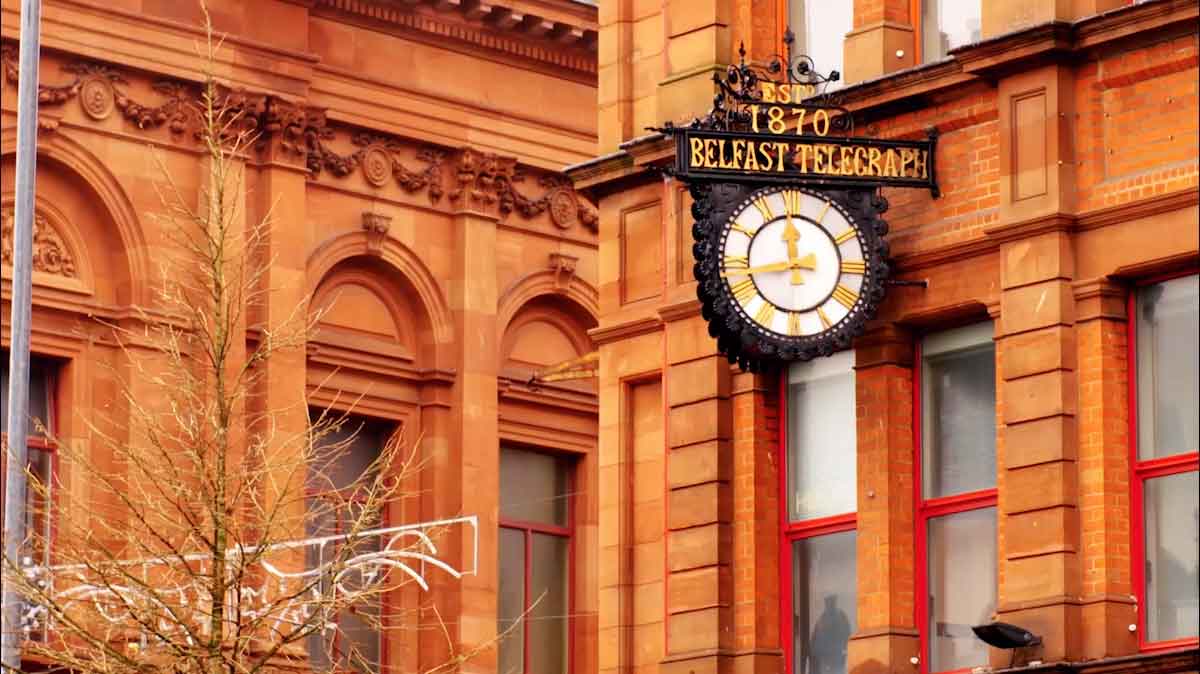
Brexit has stirred tensions in Northern Ireland, which has a history of political and sectarian violence. Boris Johnson’s plans would effectively create a border between Northern Ireland and the rest of the UK, enraging unionists and emboldening Irish nationalists who want reunification with Ireland.
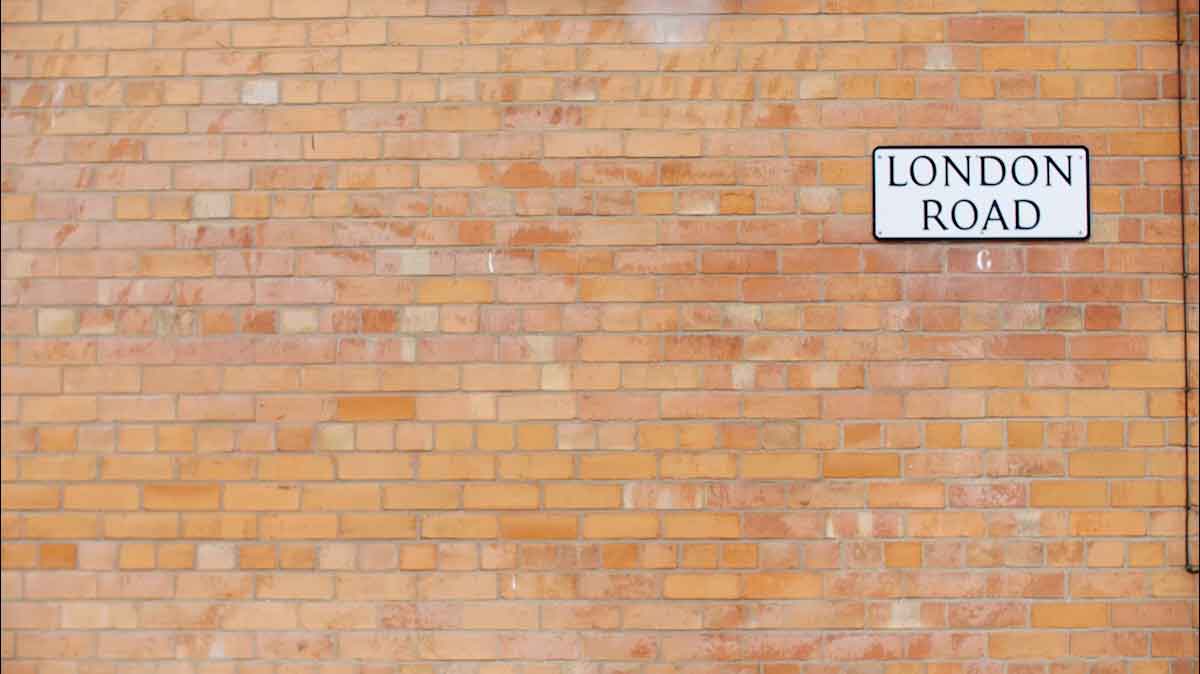
London Road in southeast Belfast is home to mainly working-class unionists. The Belfast South constituency was won by the Democratic Unionist Party in 2017. In the 2011 census, 34% of the constituency’s residents identified as British only, 25% as Irish only and 20% as Northern Irish only.
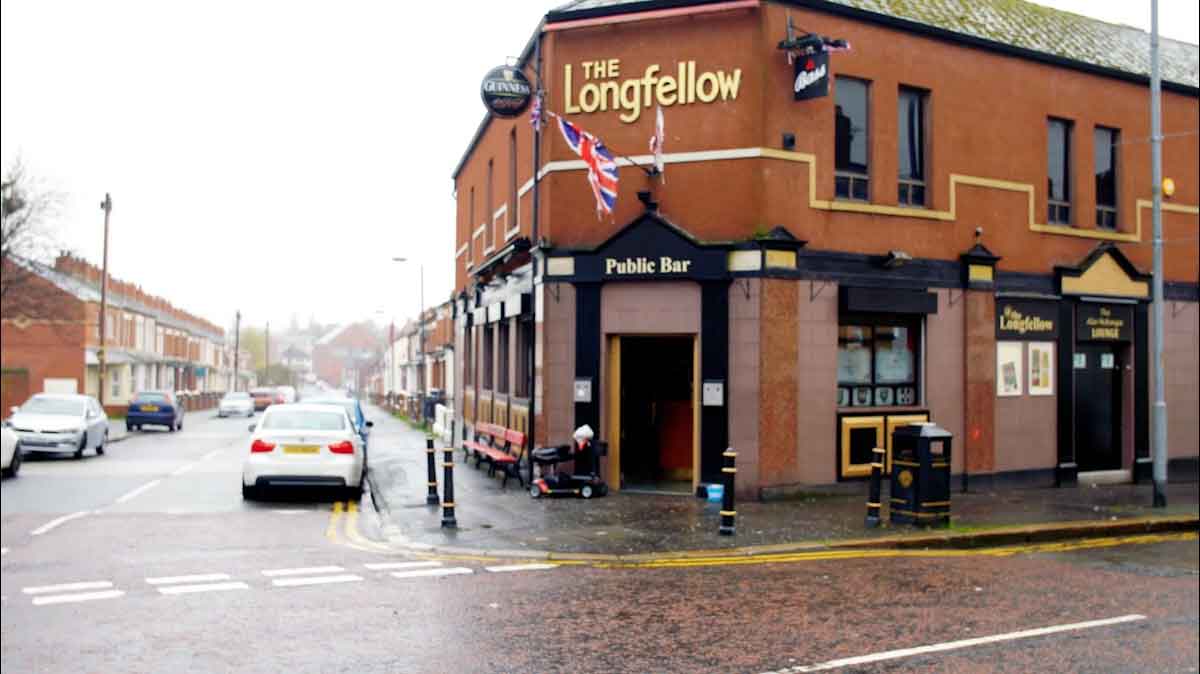
In a pub on the corner of London Road, community worker and unionist Bradley Ferguson, 26, says he fears Johnson’s Brexit deal will “drive us closer to an economic united Ireland.”
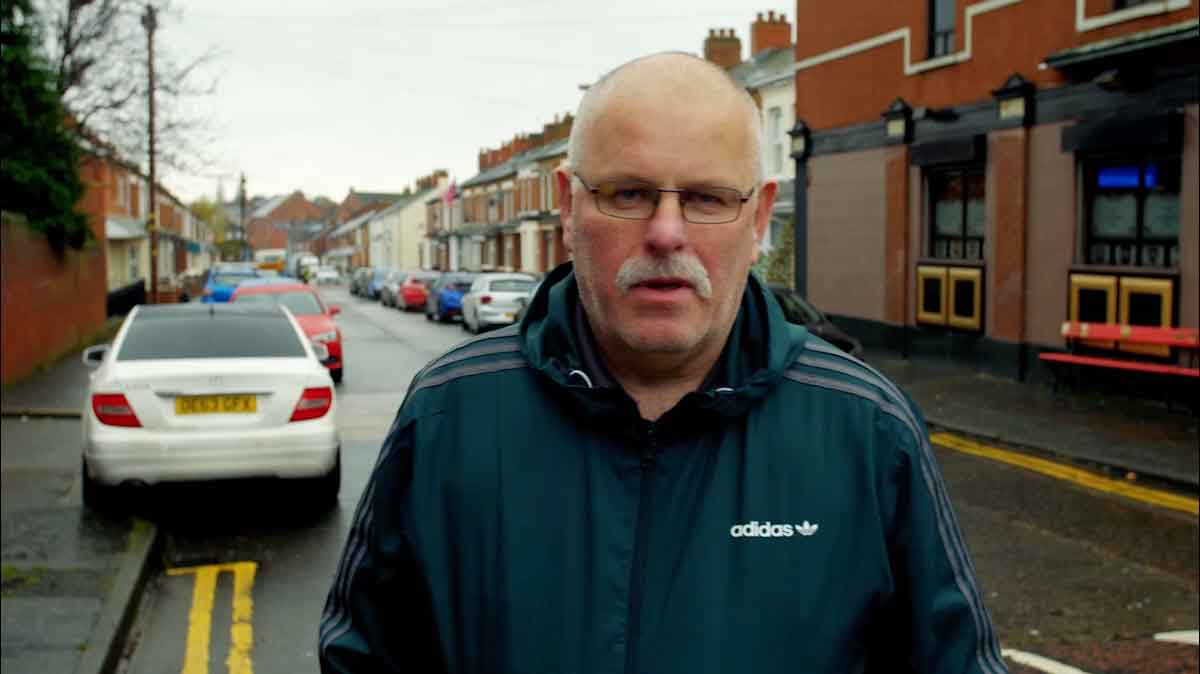
Unionist Stephen Gough owns a small business near London Road. He describes UK politics as being “at its lowest ever ebb.”
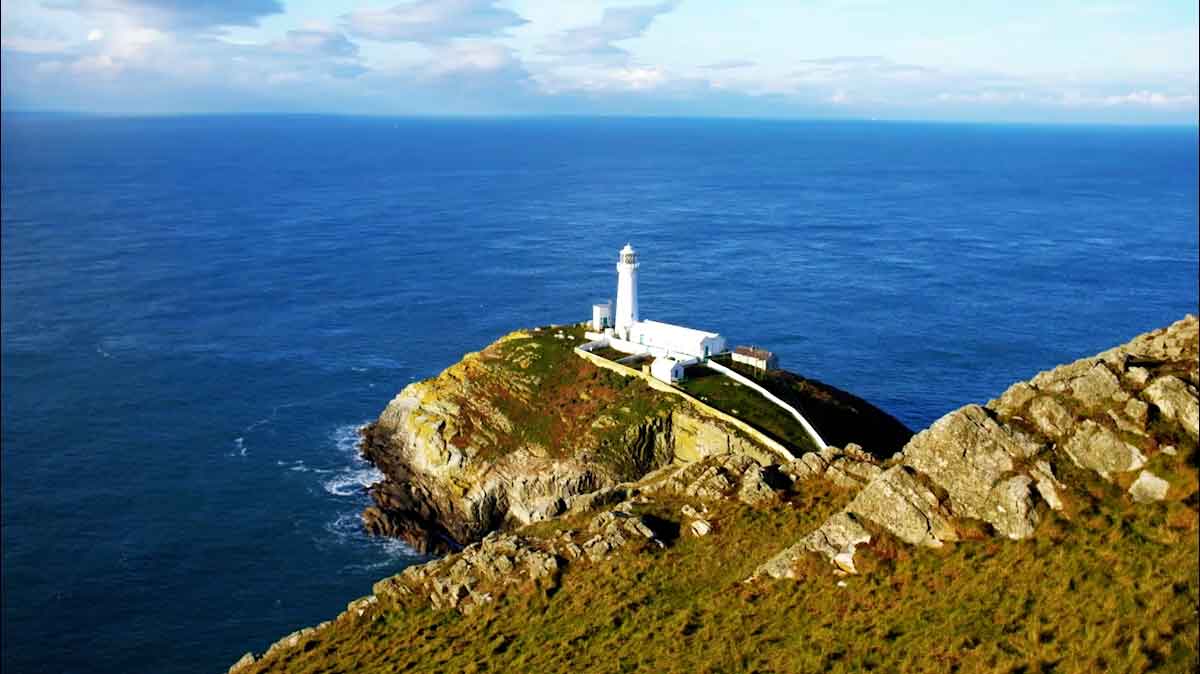
The Welsh island of Anglesey narrowly voted to leave the EU, but the Welsh nationalist Plaid Cymru party -- which wants to cancel Brexit altogether -- has made taking the seat from the Labour Party a top target. In the 2011 census, 55% of Anglesey residents identified as Welsh only, 18% as British only and 5% as Welsh and British.
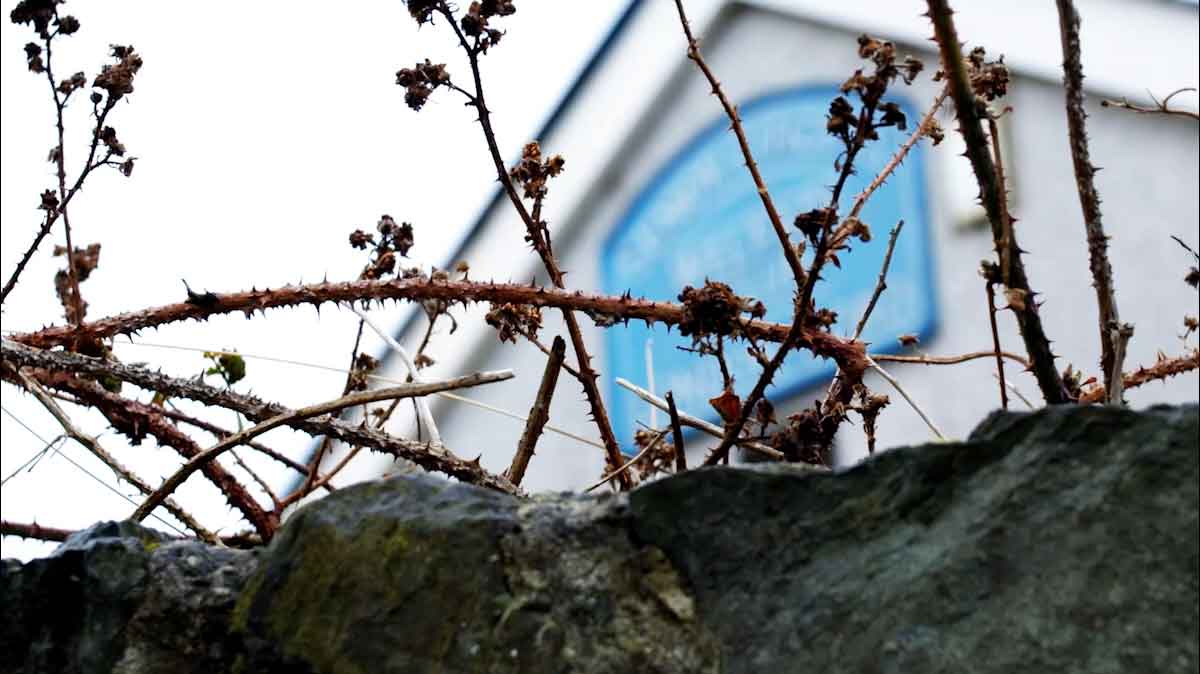
Anglesey’s London Road forms part of a 252-mile route from London to the small, and once prosperous, Welsh ferry port of Holyhead.

Dawn Jones, 46, manages Enoch’s Fish and Chips on London Road. A remain voter in the EU referendum, she sees herself as both Welsh and British.
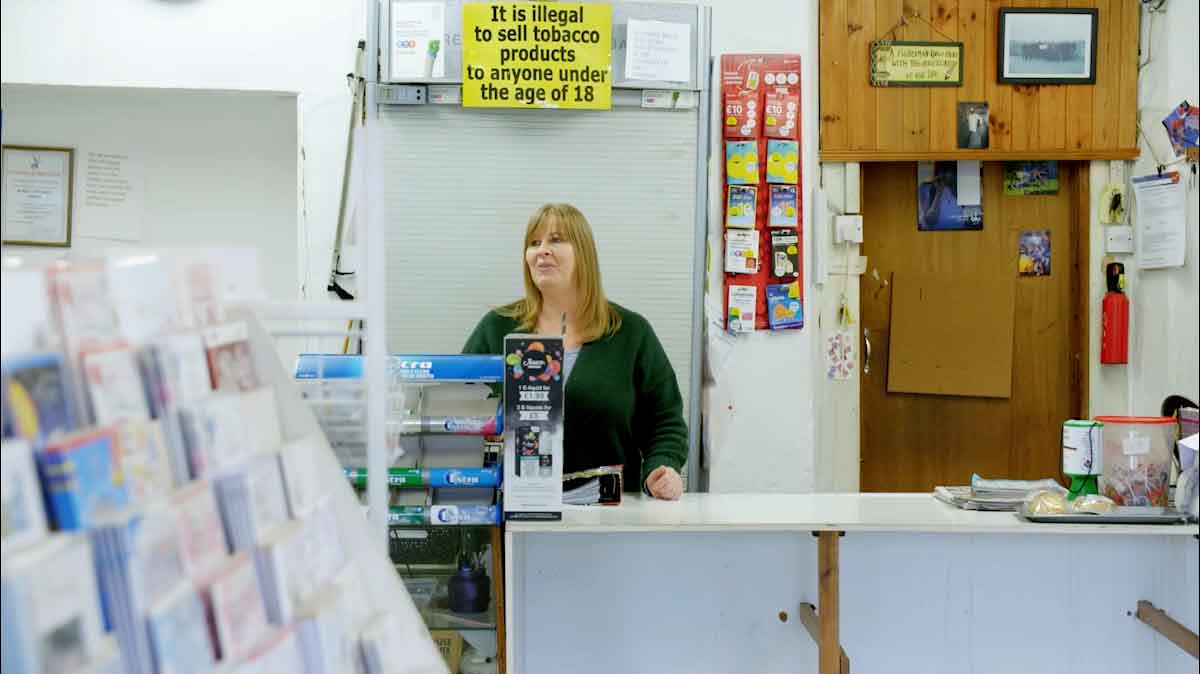
Sian Summers, 54, owns a family newsagents on London Road with her husband, but says profits have been squeezed by competition from big corporations.
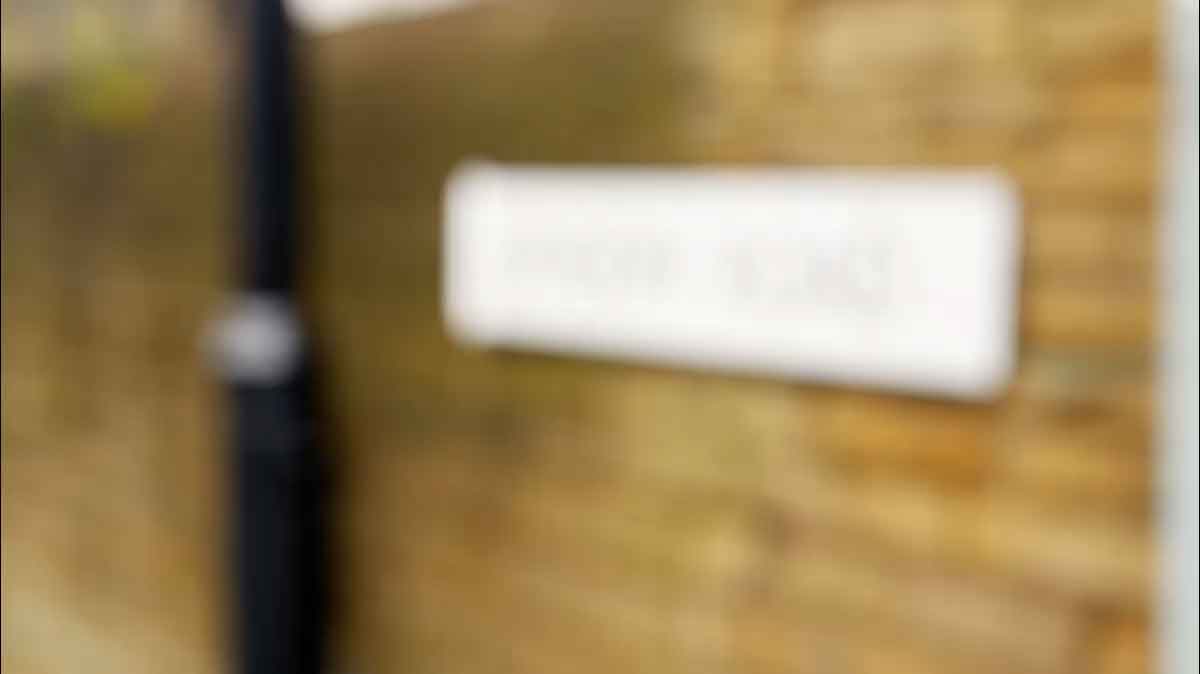
London Road is in one of the most multicultural areas in the English city of Sheffield. This constituency was won easily by the main opposition Labour Party in 2017. In the 2011 census, 63% of Sheffield’s population saw themselves as English only, 18% as British only and 10% as English and British.

Student Mohammed Hendawi, 19, came to Sheffield in 2012 as a Syrian refugee. Last month, he and his family opened a restaurant on London Road. He says he’s proud to be voting in his first UK election.
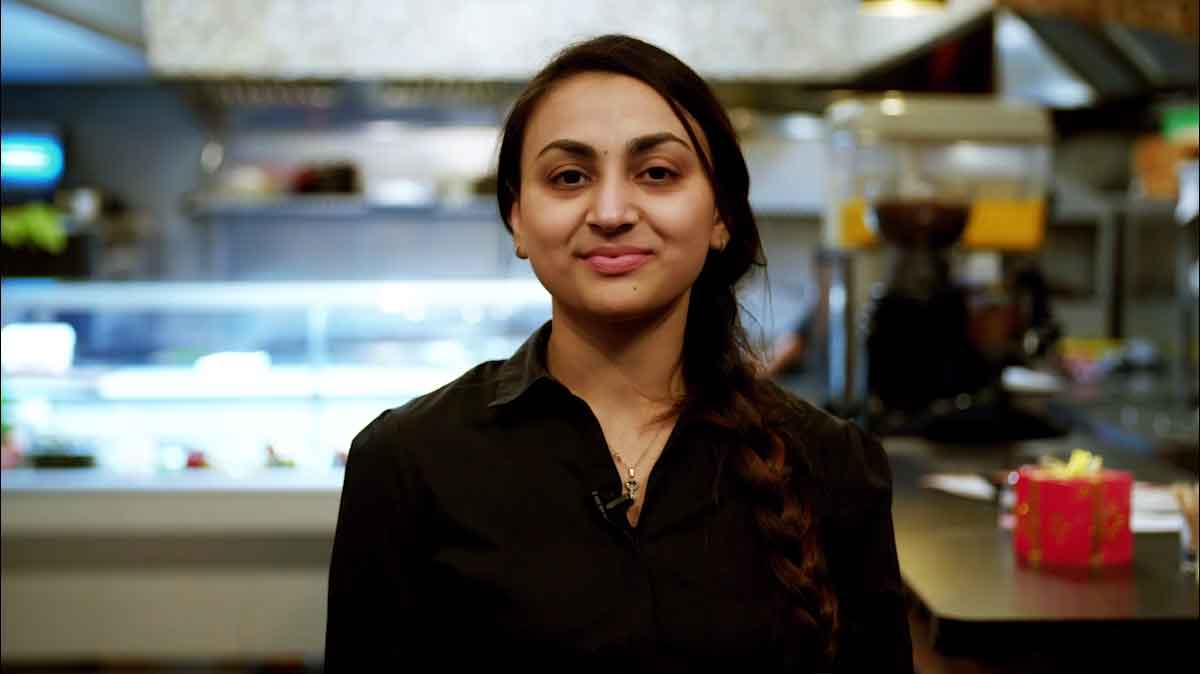
Ayesha Ansari, 26, moved from Pakistan to the UK in 2011 to study and is now a supervisor at a Turkish restaurant on London Road.
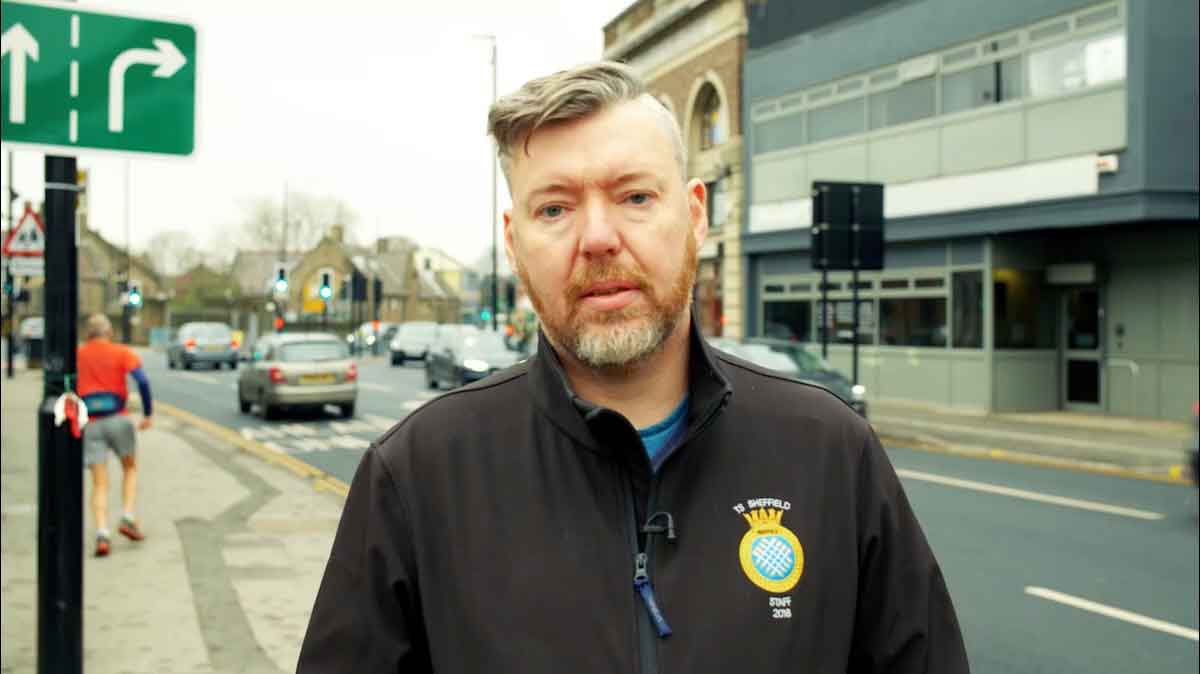
Chris Camps, a self-employed trader who voted Remain in 2016, describes this election as the most important the UK has had “for a number of years.”
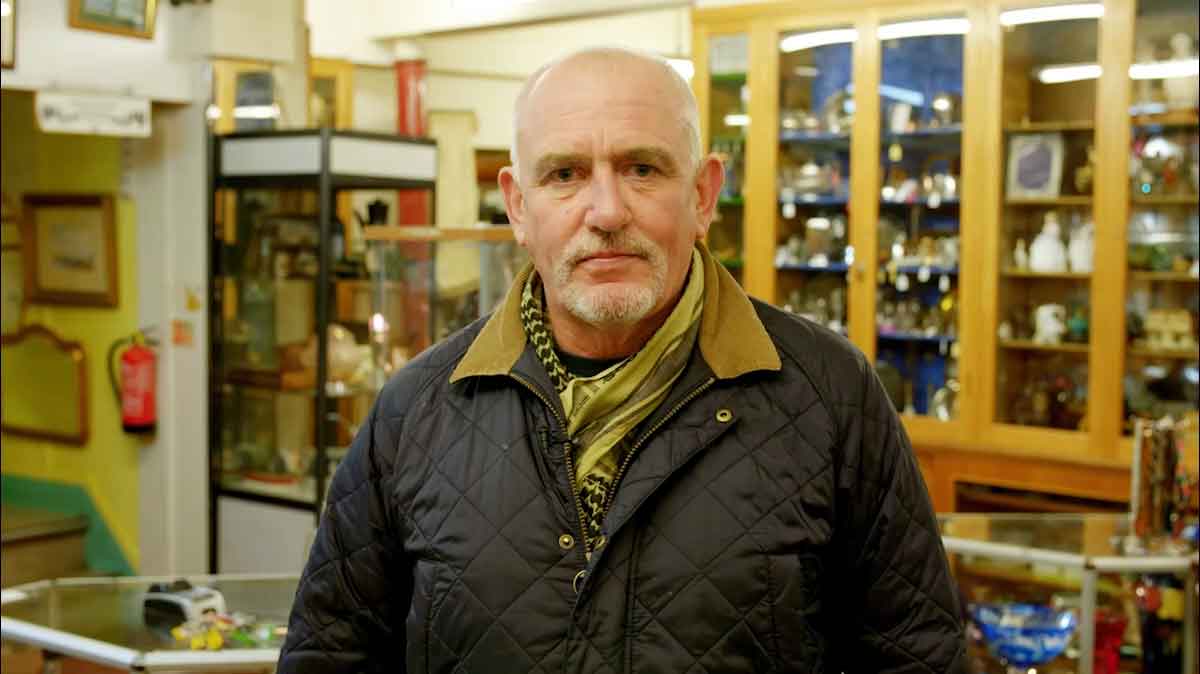
Joe Mitchell runs an antiques shop on London Road. A leave voter, the 60-year-old says England is like two countries, split between the north and the south.
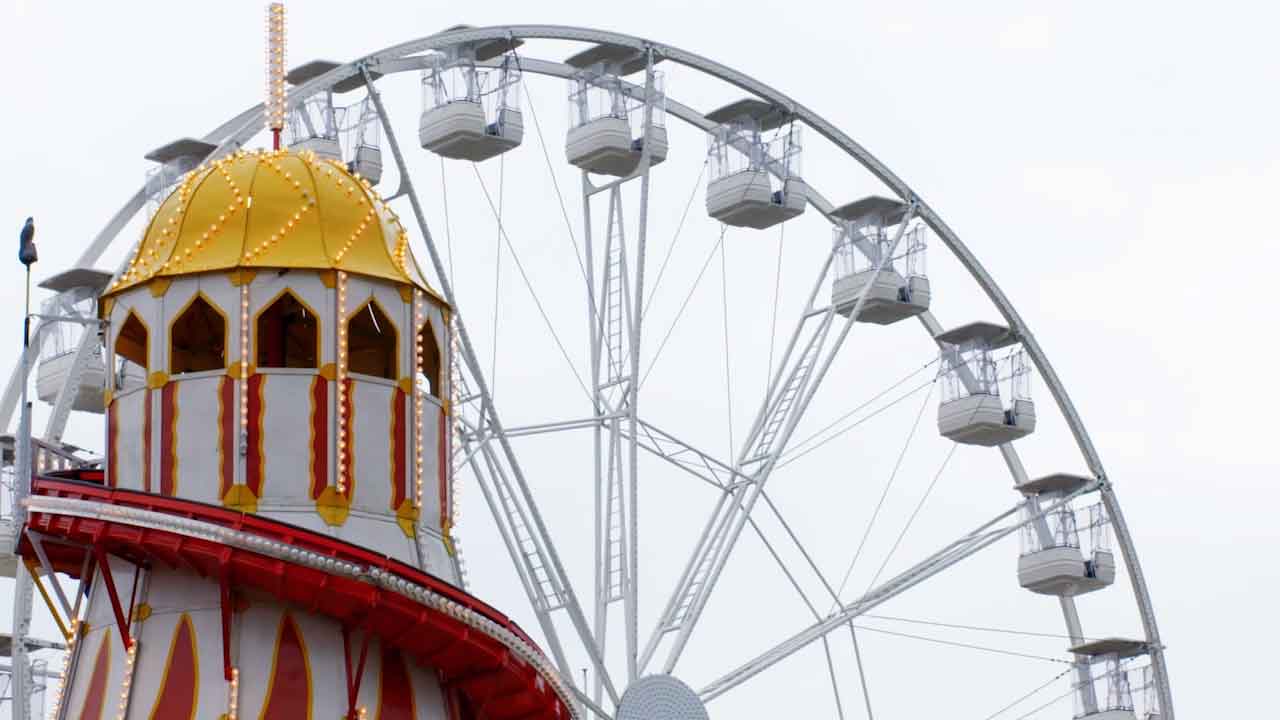
Voters across the UK’s four countries will go to the polls on Thursday for the most important election in modern history. What they decide will not only determine what happens next on Brexit, it will likely shape the kingdom for some time to come.
More about the UK general election
Credits
- Digital video producer Muhammad Darwish
- Digital producer Aimee Lewis
- Design Mark Oliver & Henrik Pettersson
- Development Denis Bouquet & Marco Chacon
- Digital editor Nick Thompson
- Map credit: MapCreator
? 2019 Cable News Network. Turner Broadcasting System, Inc. All Rights Reserved.
CNN Sans ? & ? 2016 Cable News Network.
CNN Sans ? & ? 2016 Cable News Network.
